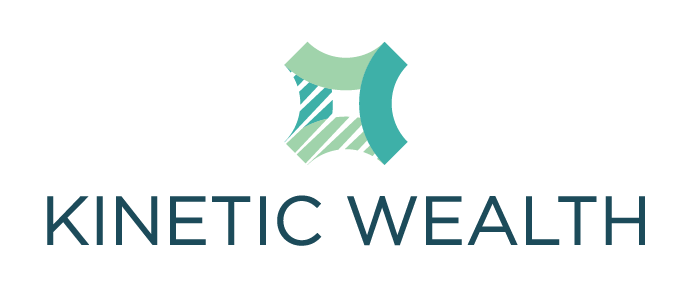We talk about risk and return often when discussing investing. With investments, many go to great lengths to assign numbers to these concepts – earnings growth rates, P/E ratios, Alpha, Sharpe, return on equity, etc. Familiarity with these terms makes us feel some degree of control over risk. An admirable thought leader in our industry named Carl Richards said, “risk is what’s left over after you think you’ve thought of everything.” If that’s true, having access to more numbers and data might not necessarily be helpful.
Life is full of risk. Although we assign the word risk to investments and business, you and I take many risks on a daily basis: when we get in the car to go to work, when we pick up the phone to call an old friend, when we decide to get married, have children, and the list goes on. Over time, we develop intuition which allows us to examine and evaluate these kinds of risk without putting much thought into it. At the end of the day, we move forward and take risks we deem necessary to accomplish the task at hand. Sometimes it works out, and sometimes it doesn’t. More data-based knowledge won’t prevent a car from pulling out in front of me causing a collision. However, generally understanding that driving safely without distractions will give you a better chance of avoiding a collision.
It’s possible in most circumstances to look at investing in the same light. Learning more, applying facts and truths when developing a prudent approach, remaining disciplined when others are not, and for some, engaging with a trusted advisor can all help develop investment intuition. That intuition can promote an enjoyable investing experience, especially when other investors become uneasy. We simplify our investment philosophy to four foundational pillars: set clear and reasonable goals, diversify investments in a balanced way based on those goals, keep costs low, and remain disciplined.
No matter what, we can’t fully eliminate risk from our lives. But maybe risk isn’t a bad thing. We believe it is a welcomed necessity to achieve more. Without risk, there would be no reward. We each have control of defining our “reward” so we can take risks appropriately. If you feel you don’t understand the risks you take or the reward you seek, we would love to help.


